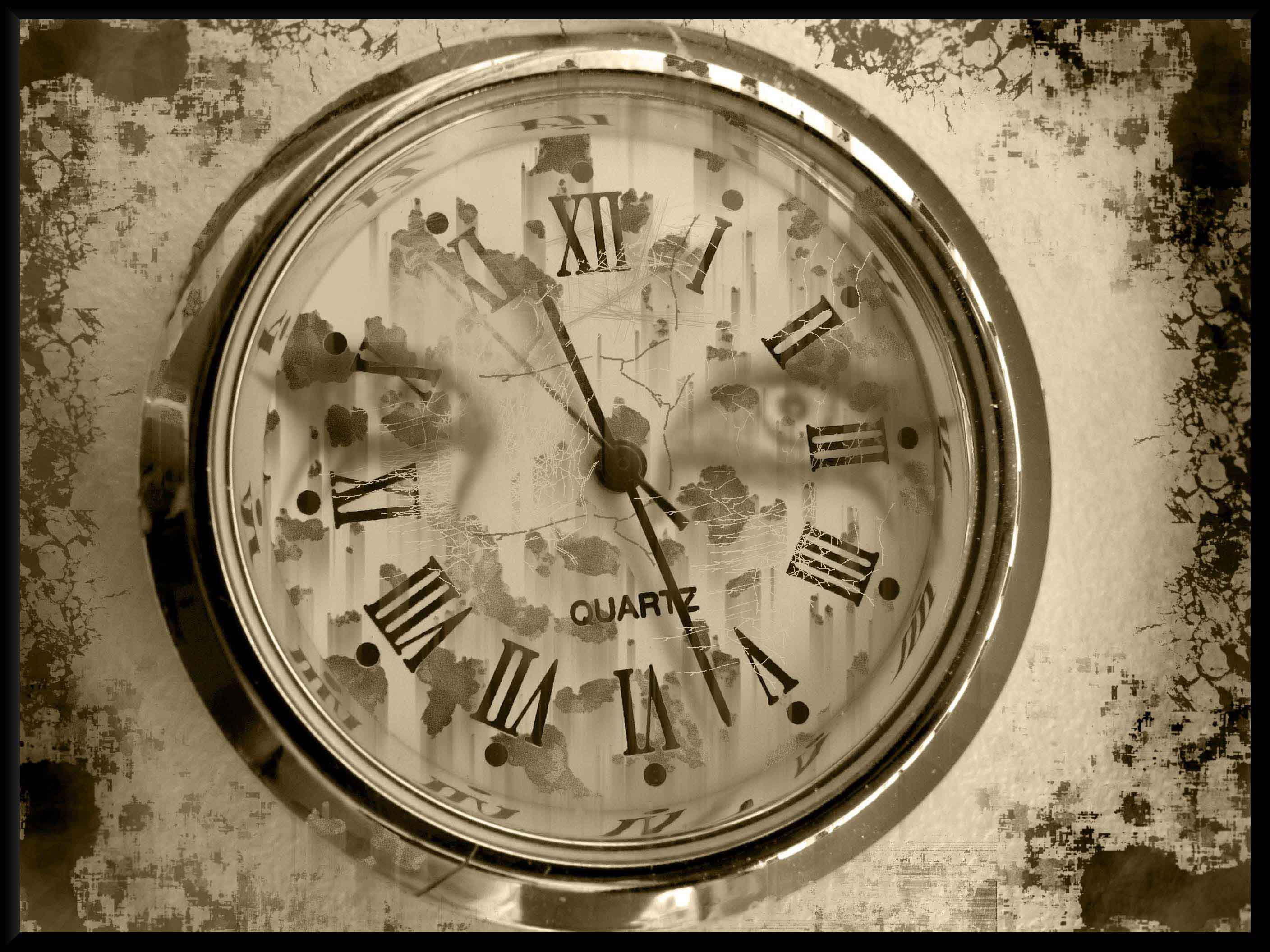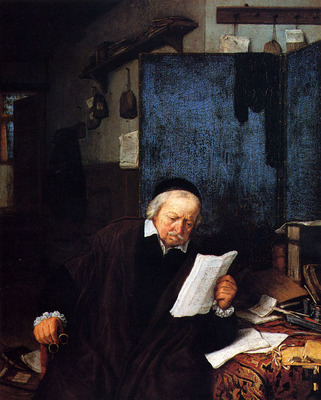Where I find time for legal aid, the importance of good attitude in practise and a bit of advice to lawyers just starting out. Whenever I broach the topic of legal aid with lawyers, the most frequent response I get is: I would like to do legal aid but hardlah, I just don’t have the time. There’s always office work and I never finish enough of it to take on legal aid cases. How do you do it ah? The worse is when they look at me expectantly as if I have an answer. I don’t.
Whenever I broach the topic of legal aid with lawyers, the most frequent response I get is: I would like to do legal aid but hardlah, I just don’t have the time. There’s always office work and I never finish enough of it to take on legal aid cases. How do you do it ah? The worse is when they look at me expectantly as if I have an answer. I don’t.
The truth is I don’t know how I did it or still do it. And don’t get me wrong. It’s not like I’m as super-busy as others that I know of. All I’m talking about here is how I fit legal aid into my practise.
A helpful aspect is to have bosses that understand and encourage your passions. The big boss (i.e. me daddy-o) has always encouraged and given me the freedom to pursue my passions. So long as the office work is done, I have a free hand in how I spend the rest of my office time. He is fortunate my passions lie for the most part within the law. My immediate boss understands and trusts that I’m not wasting myself in some massage parlour or pub, but am actually in court doing cases, or at the very least, in the court canteen, gaining valuable experience in either.
Permission is one thing, but time and inclination another.

So let me talk about time first. The sorry truth to how I do it is to just take what I think I can cope with and then figure out how to deal with it later. Actually that’s not quite correct. I usually take more than what I can cope with. But it usually sorts itself out if you have the right attitude. By that I mean:
First, once a legal aid case is taken on, it is our responsibility to see it through. Short of the client lying about everything to me or being a complete arse, I will not discharge myself… from the case that is. So depending whether they are full trials or appeals, or when I complete them, I would have about 4 – 6 active on-going legal cases at any one time. Despite the stress of holding on and doing these cases due to the grueling court schedules these days, I can’t bring myself to return the files back to the centre. It would feel like a betrayal. A legal aid lawyer is an impecunious person’s last hope. That very last bit of resistance and sliver of mercy bestowed to them. To crush that flicker of hope out of mere inconvenience is too cruel.
Secondly, if you take pride in your work, you will somehow find that time. Whether it is 6am or 2am, you will find it anywhere in between. The unimportant things will melt away or have to be given up. It is not the money that drives, but the disdain for shoddy work. Fee or no fee, that piece of work you are filing is your work. Its quality should and would reflect your personal standards and ability.
What is the judge supposed to think of you when he comes across a sloppy piece of work – unstructured arguments, grammatical errors strewn, etc.? The judge does not care whether we are paid or not, and rightly so. If he gets shoddy work from you, he will think you a shoddy lawyer.
But it is not all pain and gloom. There is a subtle, laborious pleasure in losing yourself in intellectual labour instead of merely pandering to our latest whims and fancies. Those things get old real fast anyway. More importantly, failing to put due effort into a case is a form of cheating; when we don’t do our best we deprive our legal aid client of an opportunity for another to better represent them.
That is where you will find your time – in how much pride you take in your work. There is a direct relationship between your pride at work and time spent on the case.

Another aspect of the right attitude is inclination. When you are given space, respect and support to take up legal aid work you should repay that faith to your bosses by developing yourself in a way which would be mutually beneficial to the firm and yourself i.e. improving your legal abilities and knowledge. Do not betray that trust. Once lost, it is difficult to build again.
What is more, despite my limited experience in practice thus far, I dare say that how good you are is not entirely related to intelligence. The right attitude is vital if not more important than mere intellect. You can be clever but lazy. But you don’t need to be brilliant to be able to work smart and hard.
Here is an example of what I mean by inclination.
I once knew a Malay chap, who, like me, was then in his second year of practice. We shared much in common – educated in England, used English, enjoyed discussing books, movies and music. Though we hit it off, I knew little about his work habits until one day when we were both lunching at the court canteen despite the dreadful food when the courts were at Jalan Raja.
He was in a 2 partner litigation firm that did mostly banking work. He was one of two legal assistant there. One of the partners never showed up. The other dropped in to sign cheques before he went off politicking. Since he was the ‘senior’ one, he bossed the newer one around. He had a virtually free hand of the firm at the time.
He asked me what I was doing after lunch. I had a part heard in the Magistrates Criminal Court that day. Too bad, he remarked. If I was free, I could join him to watch the movie, The fellowship of the ring, the first of the Lord of the Rings trilogy. That movie is 3 hours long. I still recall being appalled at the sheer audaciousness at picking such an epic movie to skive off on. But to be fair, there’s no sense doing it half-hearted, I suppose.
Last I heard he quit practise several years ago after failing to keep his firm with a few friends going. Towards the end, they were keeping it afloat with their credit cards.
He didn’t realize he was not just cheating the firm by skiving. He was cheating himself of valuable experience, opportunities for insight and occasions to cultivate real skills. If he had plans to open his own, he could have used his previous firm as a testbed to experiment and educate himself about running a firm before he opened his up. So many things he could have done. Instead he goes and hits the movies.
Experience is something money cannot buy. The less experience we have, the less we have to learn from and drawn upon. This is why it is important to get as much and as personal an experience as possible. Our own experiences are where we can best and most easily learn from.
If you’re a lawyer starting out – amass as much and as varied an experience as possible. There are, of course, good and bad experiences. But both can be learned from. I tell the pupils and lawyers in my firm the same thing my dad told me at the start of my practice – just do every and anything that comes your way in the first 5 – 6 years.
Some think that is a long time. But if you have no inclination to do any other job, and in a job where you could go up to 40 – 50 years in practise before calling it quits – that is barely 10% of your career to make up your mind. From that perspective, 5 – 6 years is not a long time. And you should take the time to make up your mind.
But now I’d add – don’t just sit and expect things to fall your way. Sometimes you have to bring the right experiences into your path. Legal aid was and still is the easiest way for me to do this. Where else can one get the full experience of managing a client and doing a case from start to finish on your own, in the first year of practice?
I truly believe that if you find pleasure in helping others and learning, you will find the time you need and enjoy yourself while you’re doing it. We are capable of much more than what we think.
Fahri Azzat is not sure where he found the time to write this article, but he sure would like to find more of it.


Compulsory reading. Thanks FA. More!
Fahri – you will always find time to do what pleasures you :)
And others will find you a pleasure so long as you don't nag.
*Jots down notes*